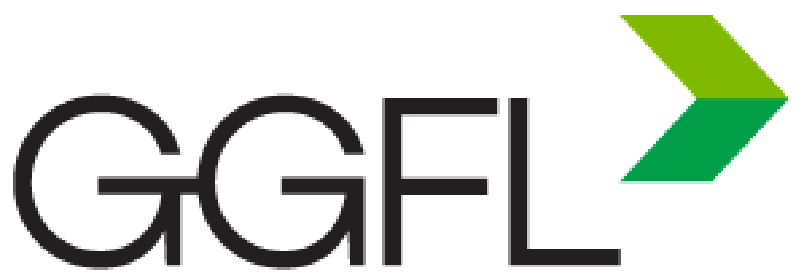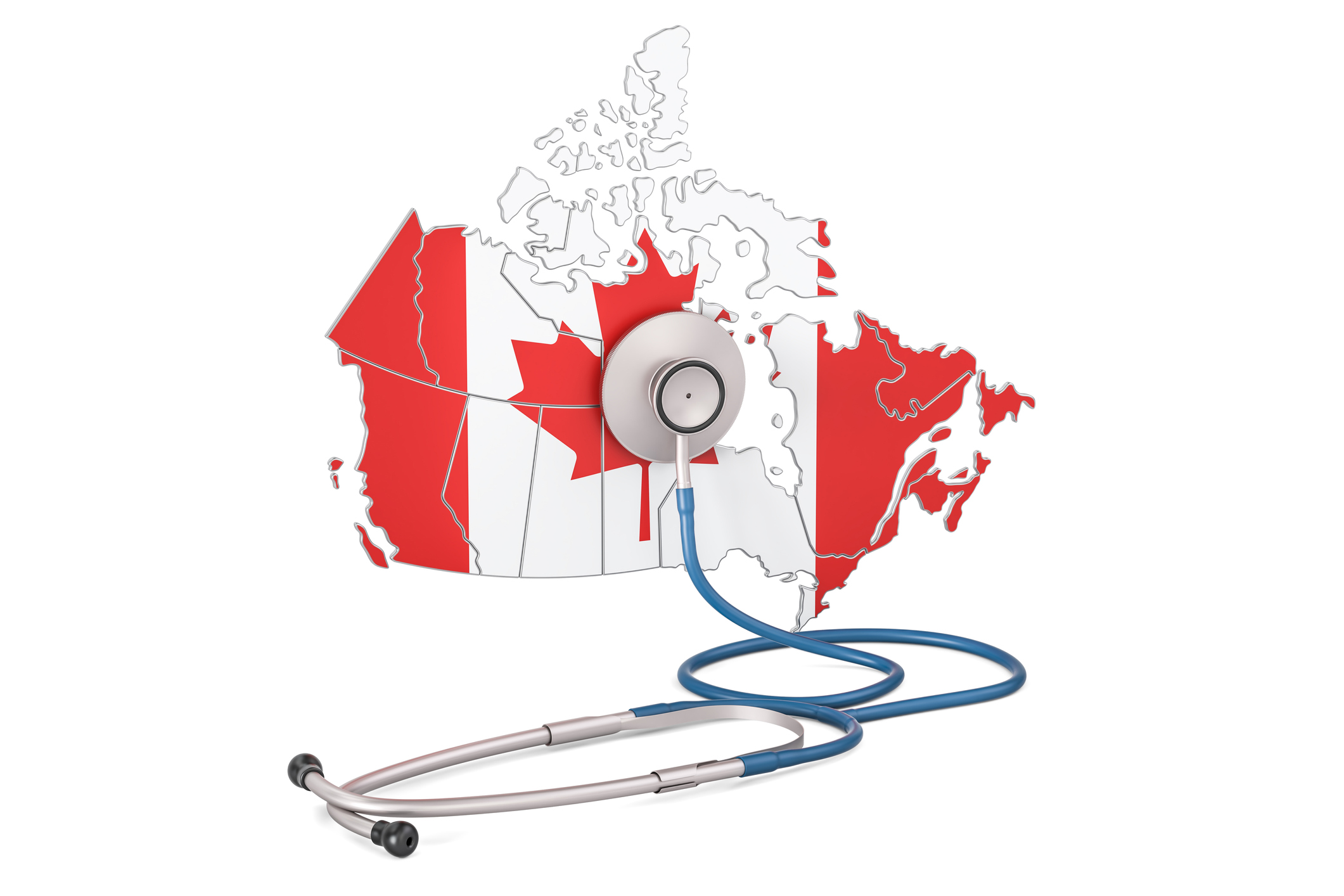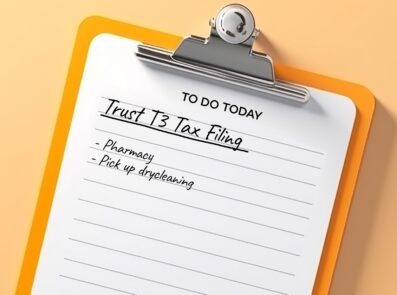On November 30th, the federal government delivered its Fall Economic Statement. The statement included a number of updates to existing COVID-19 relief programs, as well as changes to other existing tax relief programs. Of note, there were no changes to income tax rates for individuals or corporations on any type of income earned, or other major changes to the tax regime.
Canada Emergency Wage Subsidy (CEWS)
As promised by Finance previously, CEWS is officially being extended until June 2021. Changes to the amount of the top-up subsidy were also announced to increase the maximum combined subsidy to 75%. Beginning with the period starting December 20th, 2020, the maximum top-up subsidy will be increased from 25% to 35%. The new top-up subsidy rate will be in place for three periods, ending on March 13th, 2021. Businesses with a revenue drop of 70% or more will be eligible for the maximum top-up subsidy of 35%, in addition to the base rate of 40%, for a total subsidy of 75%. The base subsidy rate for CEWS will be remain at 40% and businesses will be eligible for the maximum base subsidy with a revenue decline of at least 50%.
Canada Emergency Rent Subsidy (CERS)
The recently launched CERS has had its initial subsidy rates extended for periods 4 – 6 (December 20, 2020 – March 13, 2021). CERS maximum rate 65% subsidy is available to businesses seeing a 70% drop in revenue. Lockdown Support for businesses, non-profits and charities that are ordered by public health to close their doors will provide affected organizations with an additional 25% on top of their CERS benefit.
Canada Emergency Business Account (“CEBA”)
The application deadline to apply for the CEBA loan was extended to March 31, 2021. We understand that some banks will be opening applications for the additional CEBA loan of $20,000 on December 4th, 2020.
CEBA details for new and existing applications are as follows:
- Existing CEBA clients:
- Another $20,000 available (in addition to the original $40,000, for a total of $60,000);
- Up to $20,000 forgivable, if $40,000 repaid by December 31, 2022;
- Clients need to apply with the same Financial Institution where they applied for the original CEBA; and
- This will be an increase to the original loan.
- New CEBA applicants:
- $60,000 available; and
- Up to $20,000 forgivable if $40,000 repaid by December 31, 2022
Employee Stock Options
There are proposed changes that would cap the amount of employee stock options that can vest in a year and still be eligible for the stock option deduction at $200,000. The changes will come into effect on July 1, 2021, and would therefore apply to options granted after that day. The changes to the stock option rules will generally not be applied to Canadian controlled private companies (CCPCs) or non-CCPC companies that have less than $500M in annual revenue.
Home Office Expenses
Employees working from home during COVID-19 will be allowed to claim for at-home office expenses up to $400, without the need to track detailed receipts. Employees wishing to claim home office expenses in excess of $400 will need their employer to complete Form T2200, Declaration of Conditions of Employment. Home office expenses that are eligible for the tax credit include a portion of rent, heating and electricity based on proportion of the space of the home being used for office purposes. Capital expenses (eg. computers, desks), mortgage interest, property tax and insurance are not eligible expenses for employees.
Canada Child Benefit (CCB)
For 2021, the CCB benefit for eligible families will be temporarily increased by an additional $1,200 for each child under the age of 6. Qualifying families with net income of $120,000 or less will receive four tax free payments of $300 per child. Families that qualify for CCB and that have net income above $120,000, will receive four payments of $150 per child.
GST/HST Changes
Beginning in the summer of 2021, Canadian consumers can expect to pay a little more for many of their favourite online entertainment, holiday booking and online ordering websites. Some foreign companies selling their services online (streaming services such as Netflix), online short-term accommodation sites (such as AirBnB) and non-resident companies using Canadian fulfillment centres (such as Amazon) currently do not have to collect GST or HST sales tax from their Canadian customers. That will change next July when the government will begin requiring these companies collect and remit GST and HST.






